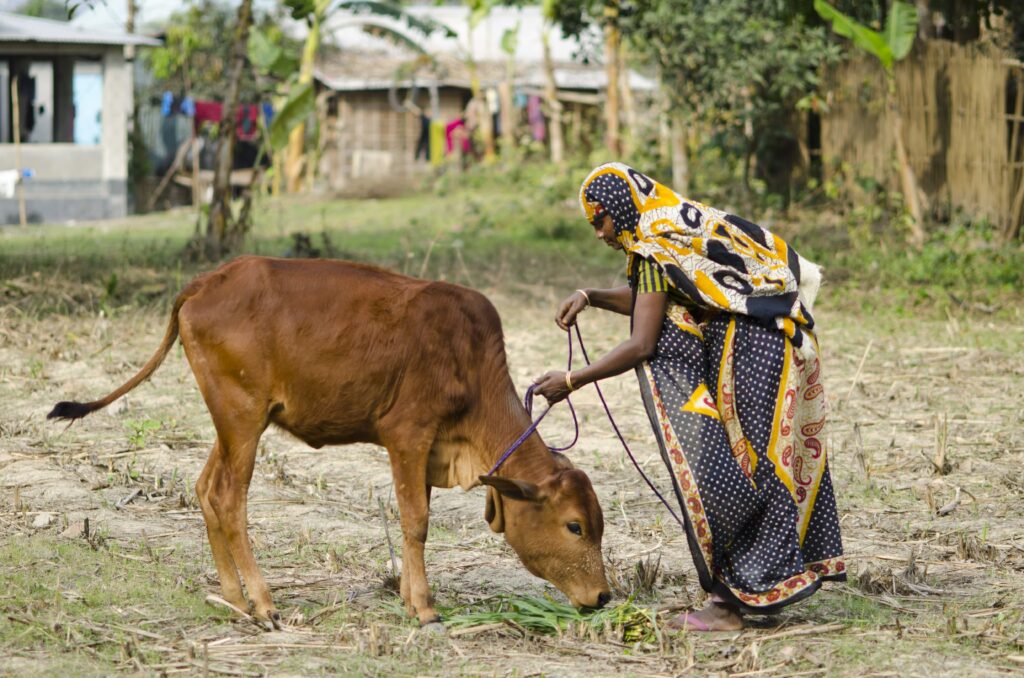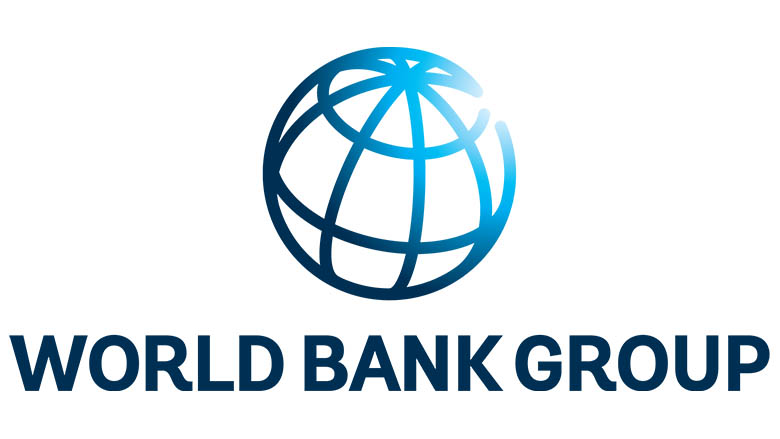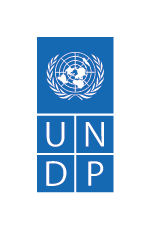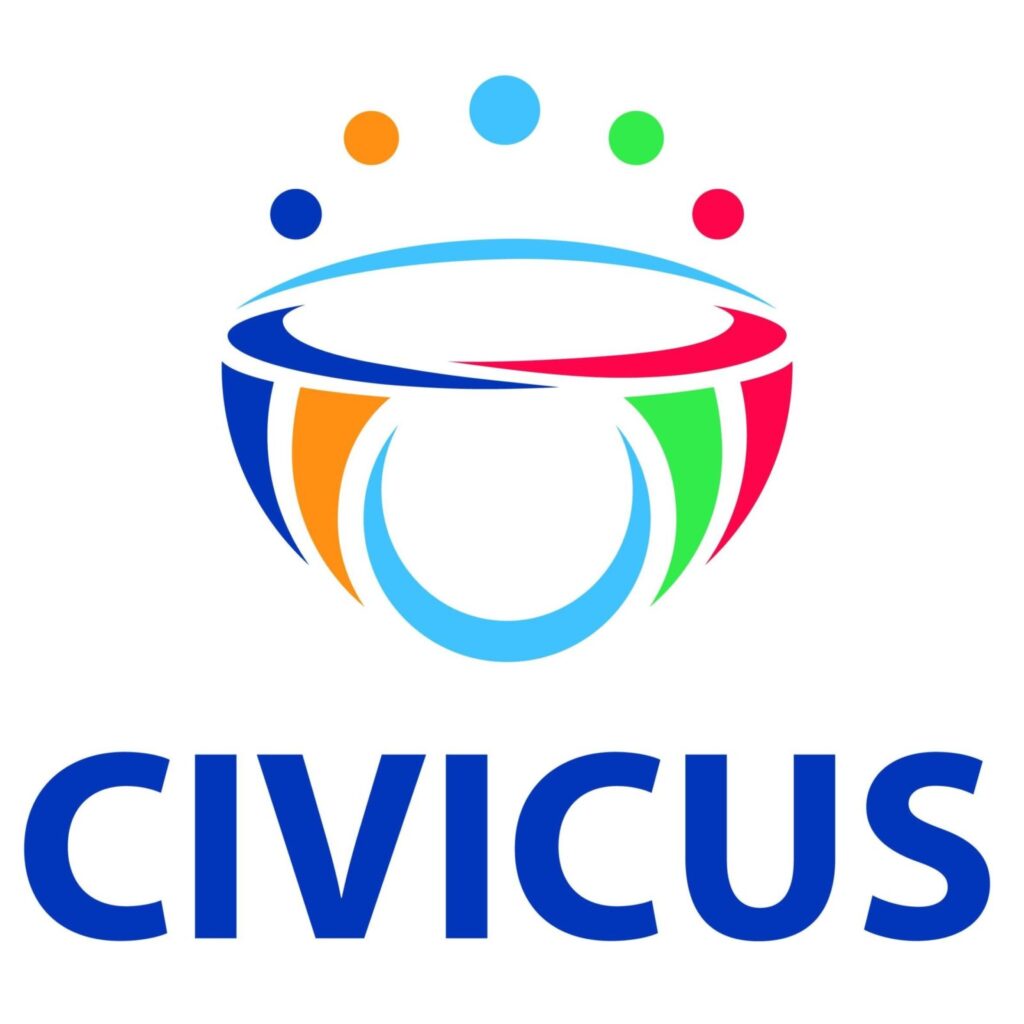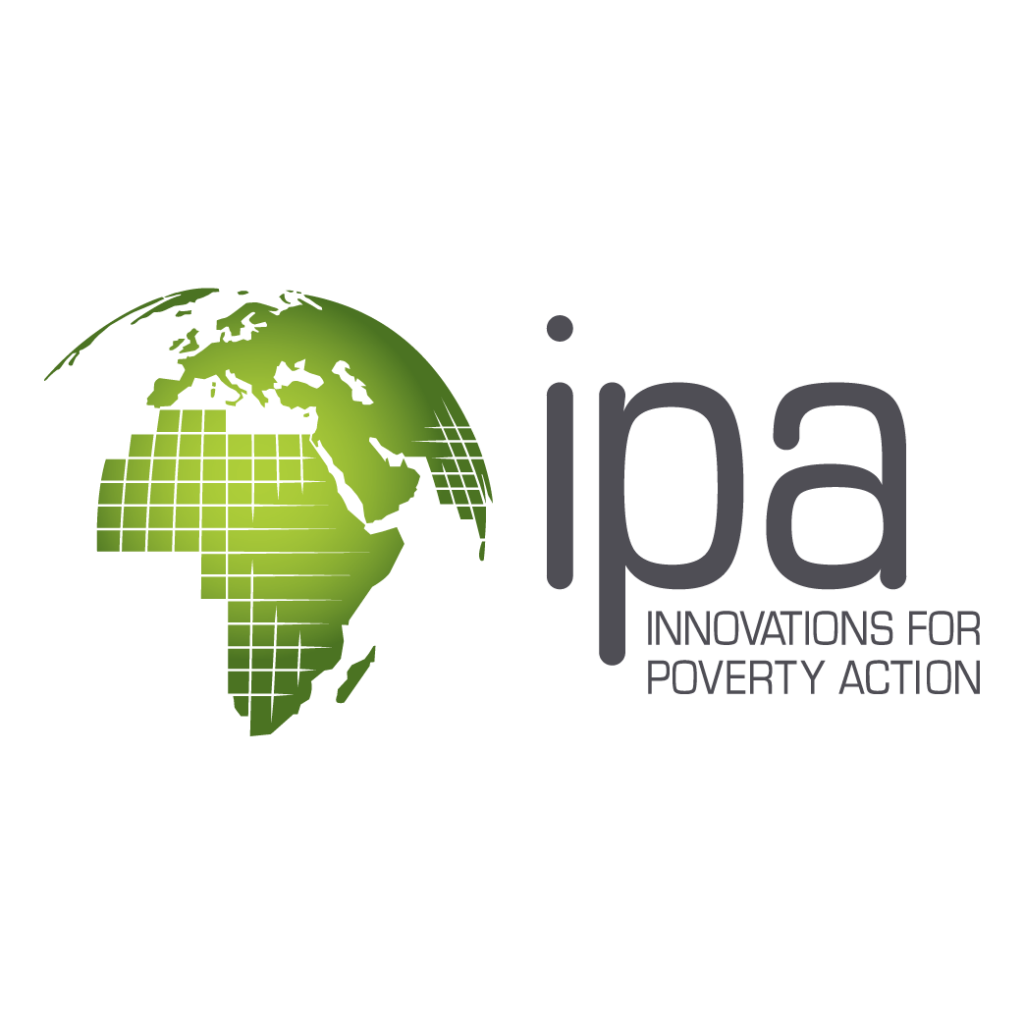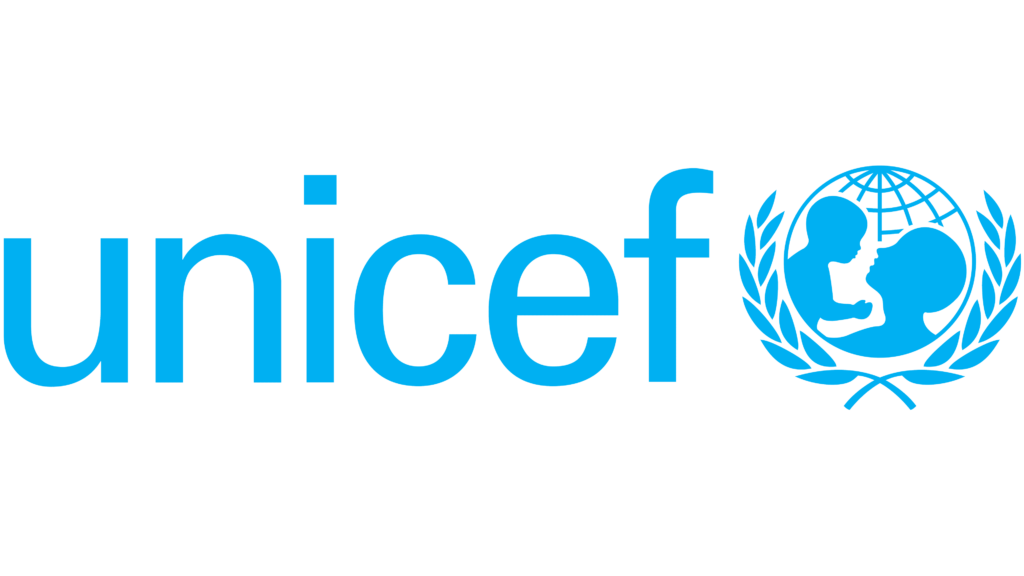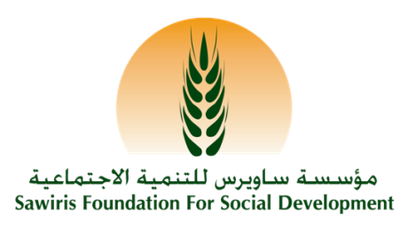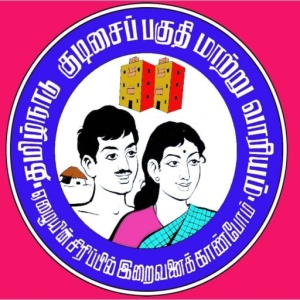Learn More About GraduationGovernments, aid agencies, and donors have been looking for something backed by real evidence showing they can help the poorest of the world, and the Graduation approach does exactly that.
- Annie Duflo - Executive Director | Innovations for Poverty Action
Global and Regional Partners
Partnering with influencers around the world
Collaborating for Impact
We’ll leverage BRAC’s experience, insights, and expertise to support our core efforts:
Our ExpertiseStrengthening Government Capacity
Advise governments on how to best utilize their existing resources and integrate our approach into their poverty reduction programs.
Adapting to Local Contexts
Work with local governments, civil society, and communities to customize poverty alleviation programs to understand and address the unique and multidimensional challenges people living in extreme poverty face in different contexts.
Investing in Learning & Innovation
Study the most effective ways to adapt and scale our approach, and use these learning to inform our program and policy recommendations and improve our methods.
Influencing Policies & Programs
Advocate for more adaptive, inclusive, and comprehensive policies and programs to better serve the poorest people living around the world.
Adapting Graduation for Different Contexts & Communities
Extreme poverty does not exist on its own. It is deeply tied to the other large-scale global challenges. That’s why we adapt our approach to effect positive change across a variety of contexts, for different marginalized communities, addressing multiple Sustainable Development Goals (SDGs).
Meet Our Partners
Partnering with influencers around the world.
- Abdul Latif Jameel Poverty Action Lab
- ACCESS Development Services
- Action for Sustainable Development
- Asian Development Bank
- Big Lottery Fund
- The BOMA Project
- CARE International
- Cartier Philanthropy
- Catalyst 2030
- CIVICUS
- Egyptian Human Development Association
- FinMark Trust
- Giving Without Limits Association
- Government of Australia, Department of Foreign Affairs and Trade
- Government of Kenya
- Government of Lesotho, Ministry of Social Development
- Government of Philippines, Department of Labor and Employment & Department of Social Welfare and Development
- Government of Rwanda
- Government of Tunisia, Ministry of Agriculture and Hydraulic Resources and Fisheries & Ministry of Social Affairs
- Government of the United Kingdom, Foreign Commonwealth and Development Office
- Government of Zambia, Ministry of Community Development and Social Services
- Guinea National Agency for Economic and Social Inclusion
- International Fund for Agricultural Development
- Innovations for Poverty Action
- Medicor Foundation
- Partnership for Economic Inclusion
- Sawiris Foundation
- Tamil Nadu Slum Clearance Board
- UNICEF
- USP2030
- World Bank
How to Partner with BRAC UPGI
Download One PagerI’d like to also take this opportunity to congratulate the entire BRAC team for such a fantastic job on the [Sustainable Women's Livelihoods] curriculum and engaging men in activities. It was a challenging assignment, not just because of the travel restrictions but also the goal of designing activities that are effective yet easy to incorporate into what’s already quite a complex project, yet you delivered really high quality work. We’ve really appreciated the BRAC team’s knowledge and professionalism and hope to have the opportunity to work together again soon.
- Ioana A. Botea | Social Protection Economist at the World Bank

